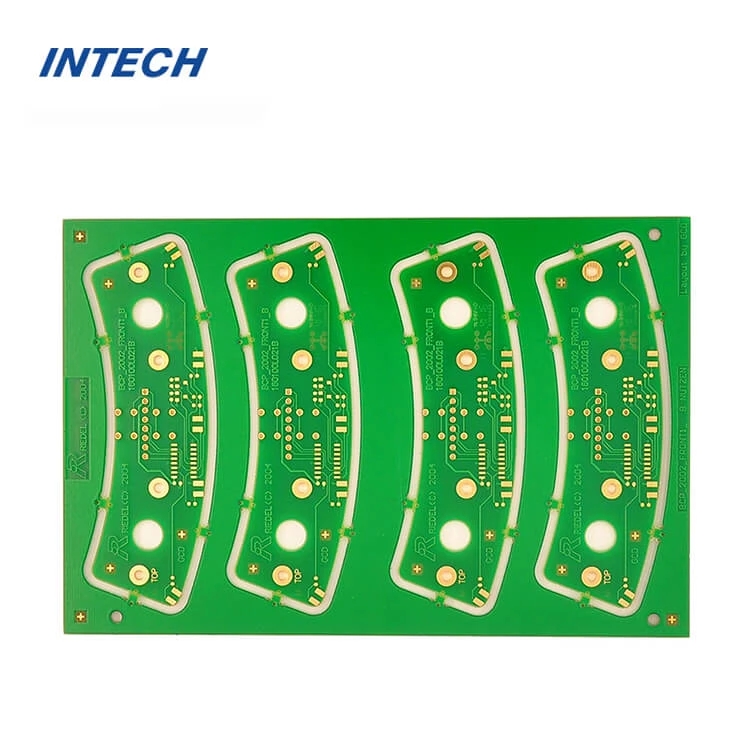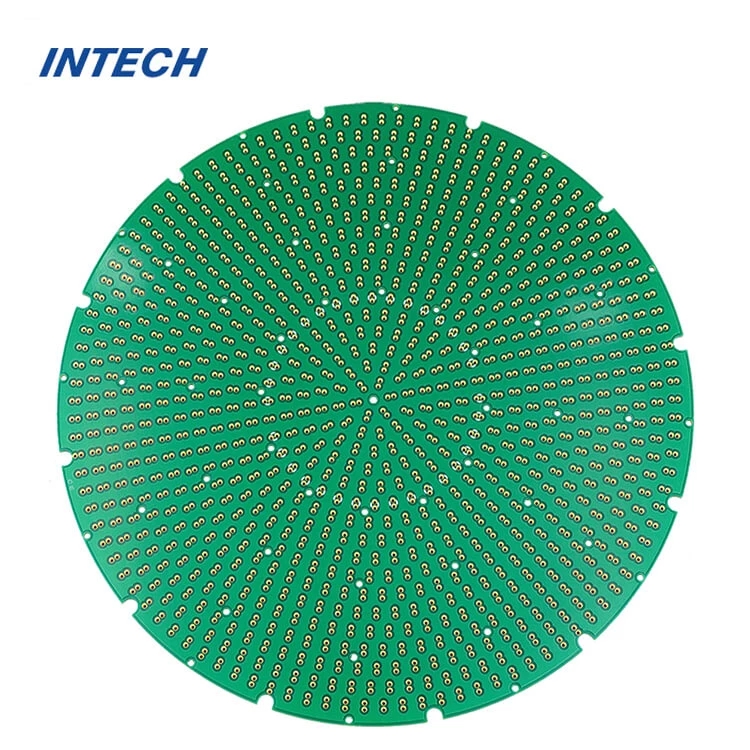In What Industries Are Rigid PCBs Commonly Utilized?
Date:2024-01-08 17:17:41
Printed Circuit Boards (PCBs) are the backbone of modern electronics, serving as the fundamental platform for connecting and supporting electronic components. Rigid PCBs, distinguished by their inflexible substrate, find widespread use in various industries where reliability, durability, and precision are paramount. This article explores the diverse sectors where rigid PCBs play a crucial role in powering technological advancements.
1. Electronics and Consumer Goods: Powering Everyday Devices
The electronics and consumer goods industry is a primary arena where rigid PCBs shine. From smartphones and laptops to televisions and home appliances, rigid PCBs form the essential circuitry that enables the functionality of these everyday devices. Their robust nature and ability to accommodate complex designs make them integral to the miniaturization and performance of consumer electronics.
2. Automotive: Driving Innovation on the Road
In the automotive industry, rigid PCBs contribute significantly to the innovation and functionality of vehicles. From engine control units (ECUs) and navigation systems to advanced driver-assistance systems (ADAS), rigid PCBs provide the connectivity and precision required in the increasingly sophisticated electronic architectures of modern automobiles. Their ability to withstand harsh environmental conditions makes them indispensable in the automotive landscape.

3. Aerospace and Defense: Meeting Stringent Standards
Aerospace and defense applications demand the highest levels of reliability and performance, and rigid PCBs are up to the challenge. They are used in avionics, communication systems, radar equipment, and mission-critical electronic components. Rigid PCBs in these industries adhere to stringent quality and safety standards to ensure uncompromised performance in complex and often harsh environments.
4. Medical Devices: Precision in Healthcare Technology
The healthcare sector relies on precise and reliable electronic components for various diagnostic and treatment devices. Rigid PCBs are extensively used in medical imaging equipment, patient monitoring devices, and laboratory instruments. Their ability to support high-density circuitry and maintain signal integrity is crucial in advancing healthcare technology.
5. Industrial Automation: Enhancing Efficiency in Manufacturing
Rigid PCBs contribute to the advancement of industrial automation by providing the necessary circuitry for control systems, sensors, and robotics. In manufacturing environments, where precision and efficiency are paramount, these PCBs play a vital role in ensuring seamless communication between automated components and enhancing overall operational efficiency.
6. Telecommunications: Enabling Global Connectivity
In the telecommunications industry, where seamless connectivity is non-negotiable, rigid PCBs are integral components in networking infrastructure, base stations, and communication devices. Their ability to facilitate high-speed data transmission and support complex network architectures makes them essential for enabling global communication networks.

7. Energy Sector: Powering the Grid
Rigid PCBs are crucial in the energy sector, where they play a role in the control systems of power plants, renewable energy installations, and electrical distribution systems. Their reliability is vital for maintaining the stability and efficiency of power generation and distribution networks.
8. Research and Development: Driving Technological Advancements
In research and development environments, rigid PCBs are employed in prototyping and testing electronic circuits. Their adaptability to various designs and configurations allows researchers to experiment with new technologies, facilitating the development of cutting-edge innovations in electronics.
Conclusion: A Versatile Foundation for Technological Advancements
In conclusion, the versatility and reliability of rigid PCBs make them indispensable across a wide spectrum of industries. From the miniature circuits within your smartphone to the complex systems powering aerospace technologies, rigid PCBs provide a solid foundation for technological advancements. As industries continue to evolve and demand increasingly sophisticated electronic solutions, rigid PCBs will undoubtedly play a pivotal role in shaping the future of technology across diverse sectors.
